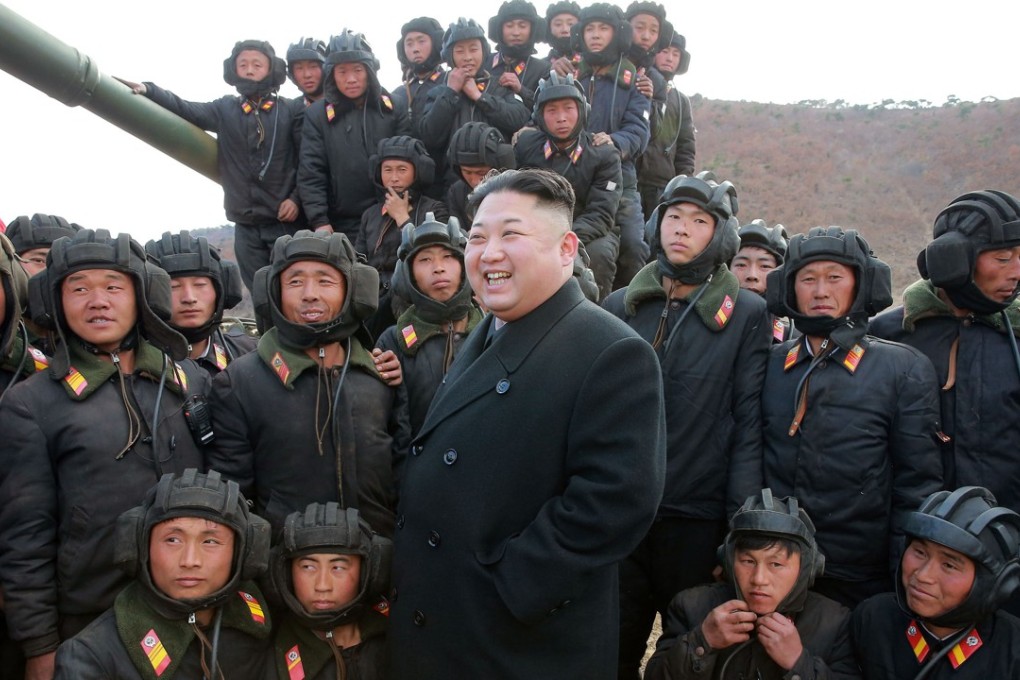South Koreans are keeping calm, confident that not even Kim Jong-un wants mutual destruction
Joon Nak Choi says there is little sign of real panic in Seoul despite the heated rhetoric and regional preparations for hostilities, because they believe the Kim regime, no matter how ruthless, is neither stupid nor crazy. But what if they’re wrong?

Despite such frightening rhetoric, I saw no hint of panic during my trips to Seoul in late March and mid-April. Seoul residents were more focused on the then-upcoming presidential election rather than the possibility of war. Why were they so unconcerned about war with a nuclear-armed rogue state just 50km to the north?
South Korean President Moon Jae-in flags high risk of military clashes with North

The answer is that South Koreans seem to intuitively understand that neither the North nor the South wish to risk mutually assured destruction.
While many South Koreans might verbally agree with this view, their actions belie their words. Few Koreans send their families abroad for the purpose of avoiding war, although many have emigrated to escape economic stagnation, a rigid society, and the unhealthy rigours of the educational system. Indeed, the number of Korean immigrants in the US – their preferred overseas destination – has dropped slightly since North Korea’s first nuclear test in 2006. While rising incomes in Korea and the 2008 financial crisis may have also influenced this outcome, the absence of an exodus stands in stark contrast to the flight of Hong Kong’s middle class before the 1997 handover, or the plight of hundreds of thousands of Syrian refugees.